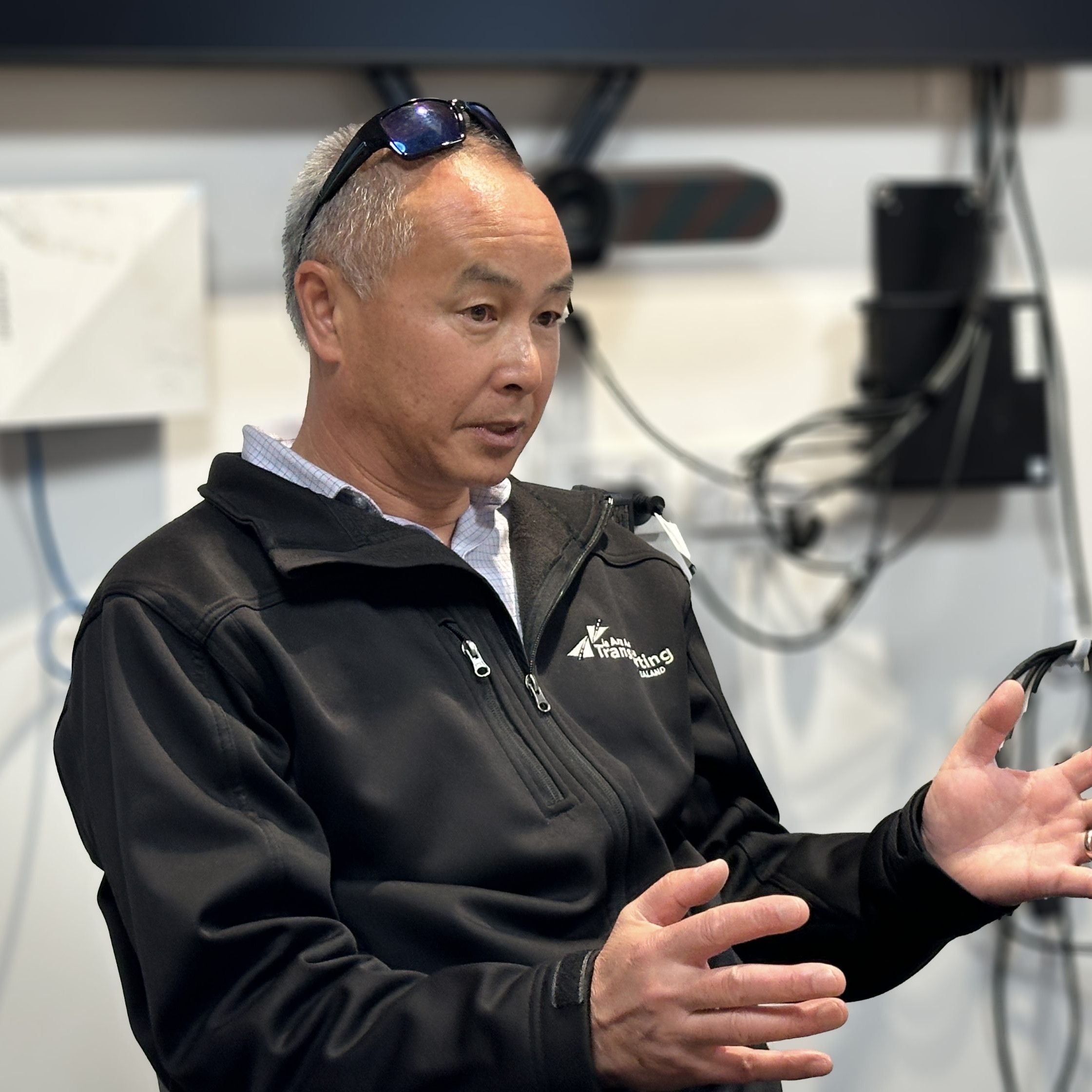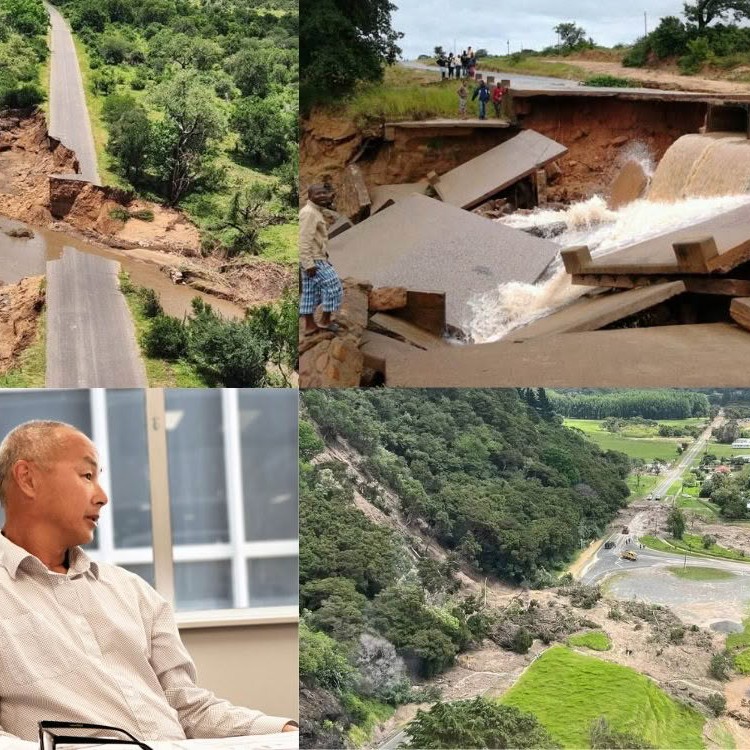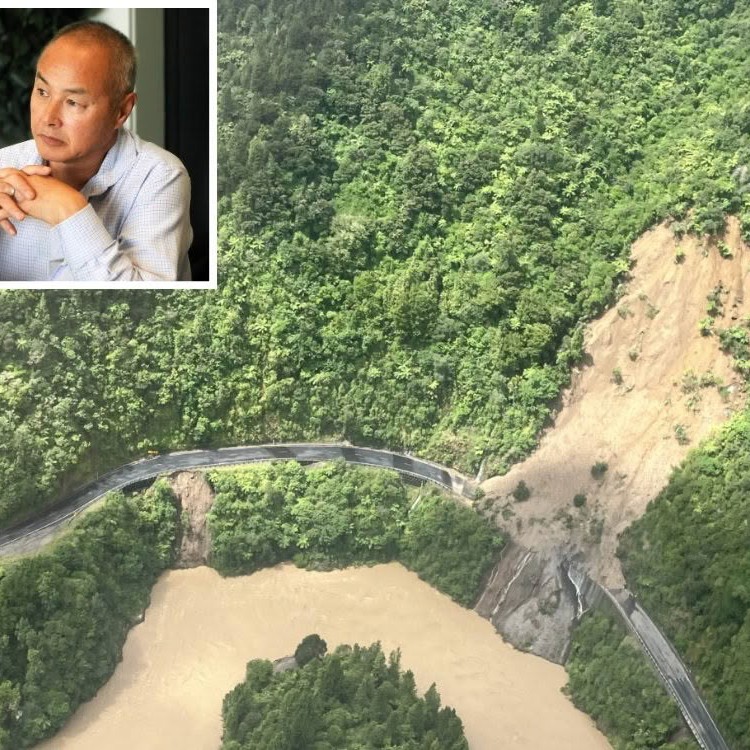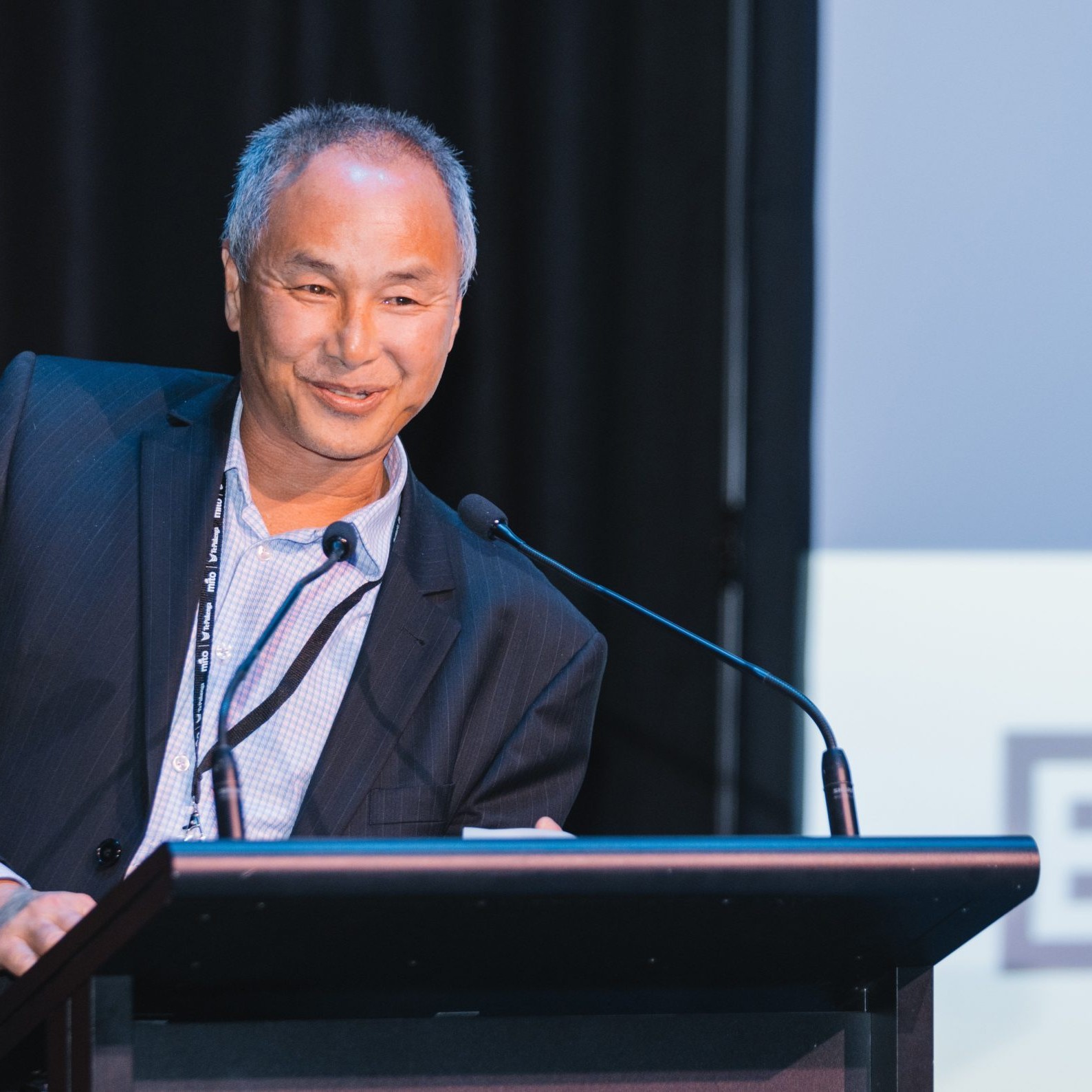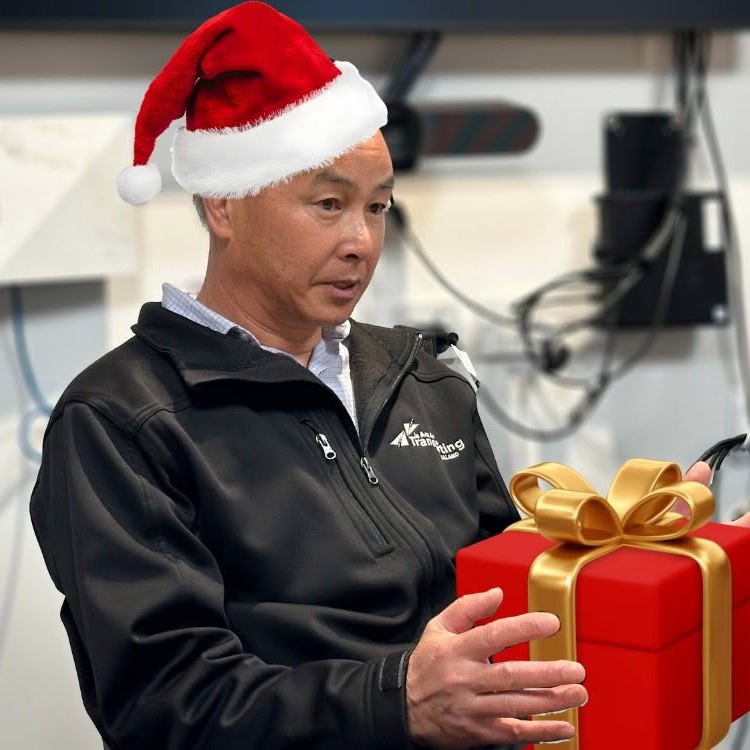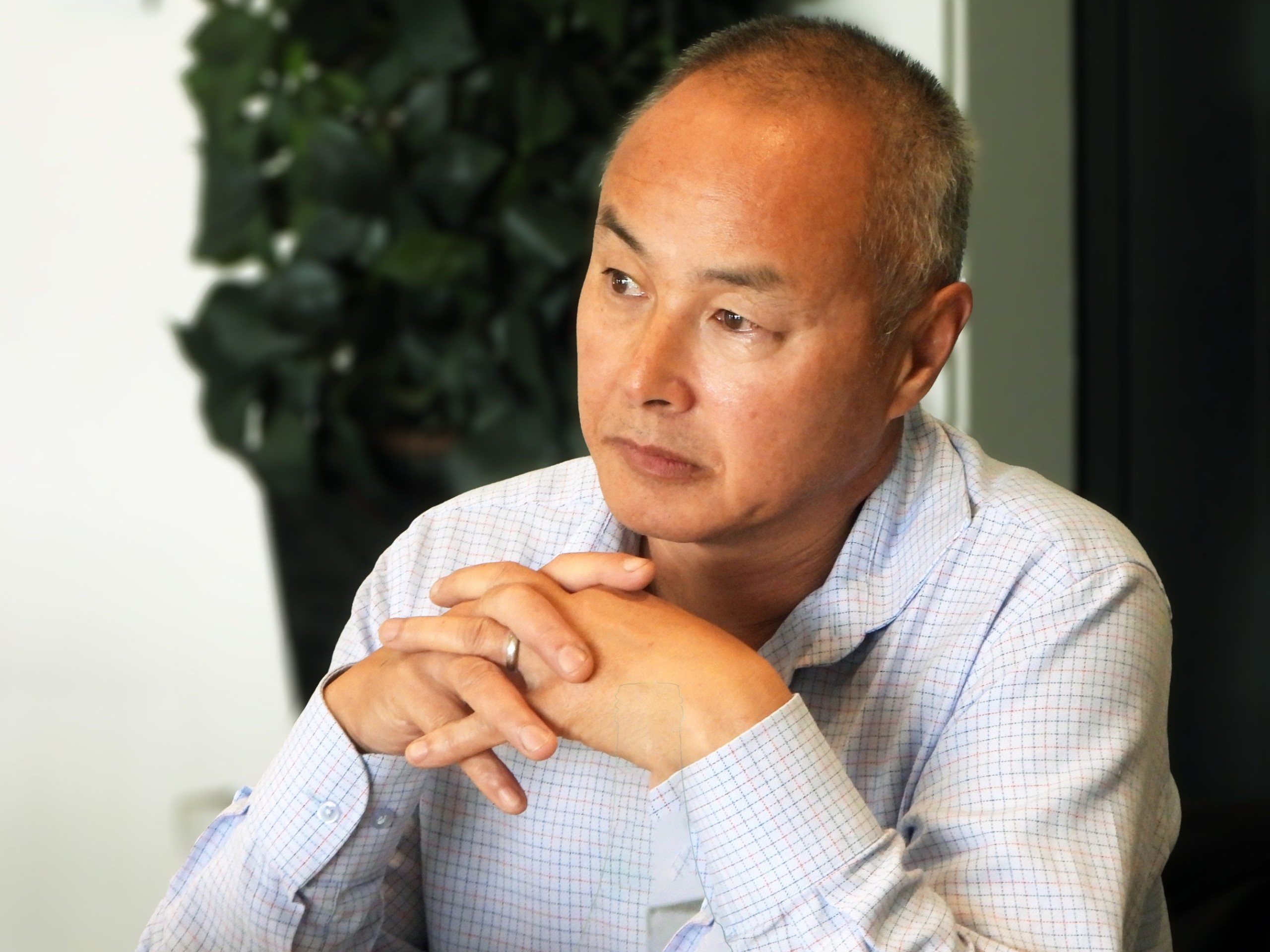
The highlight for me this week was attending the Wood Transport and Logistics Conference in Rotorua. This was timely, given policy advisor Billy Clemens and I met with the Climate Change Commission the day prior.
The conference discussed carbon reduction in transport and it was excellent hearing from manufacturers and users of new technology power trains and fuel. These included the Hyundai fuel cell truck operating under NZ Post colours, as well as Australia’s first battery swap dual-fuel hydrogen/diesel truck operating in the logging sector.
I had the pleasure of opening the conference and presented a high-level overview of the opportunities, challenges, and solutions facing the industry. The excellent attendance demonstrated there is still strong interest in our industry on the progress of decarbonisation.
I shared my view that the key challenges on the path to decarbonisation are roads, revenue, and regulation. The range of technology solutions unavoidably creates uncertainty, which in turn presents risk to our members. The solutions require collaboration and shared responsibility across the supply chain – it can’t be done by transport businesses alone.
Australia’s first electric logging truck goes to work in SA (bigrigs.com.au)
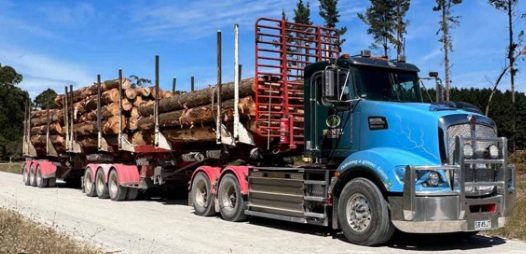
The good news for the log transport sector is that over the last 30 years or so, the respective parties across the supply chain – forest owners, researchers, transport operators, and trailer manufacturers – have worked collaboratively and are well placed to face the current challenges
I was pleased to see my views were not inconsistent with other speakers, particularly Romesh Rodrigo, of Daimler Truck Australia, who spoke about a four-element system multiplication equation. Those elements were the OEMs, energy providers, government, and service providers. Romesh’s view was they all need to do their bit. If one of those elements does nothing, then like anytime you multiply something by zero, the answer will be zero!
In similar vein, Grant Doull, from Hyundai, spoke about the needed approach being one of “and” not “or”. In terms of energy source, the market is responding with hydrogen and electric.
I agree neither we nor government should be picking winners and clear strategies for the adoption of either fuel type, or any other for that matter, are required. HWR’s innovative approach, which keeps a leg in both camps of hydrogen and diesel, is progressing well. I also feel more leadership and ownership from government would be valuable.
What is also undeniable are the increased costs associated with the new technology. Our Grant Thornton Transport Cost Index indicates that the two elements of fuel, and depreciation and interest (vehicle), represent about 18 per cent and 12 per cent respectively of operating costs. Therefore, significant increases in these have a major impact on transport costs and the flow-on impacts on the economy and international competitiveness.
The transport sector has clearly demonstrated that there are working solutions to reduce carbon. The outstanding issues are how highly that benefit is valued and the willingness to pay.
